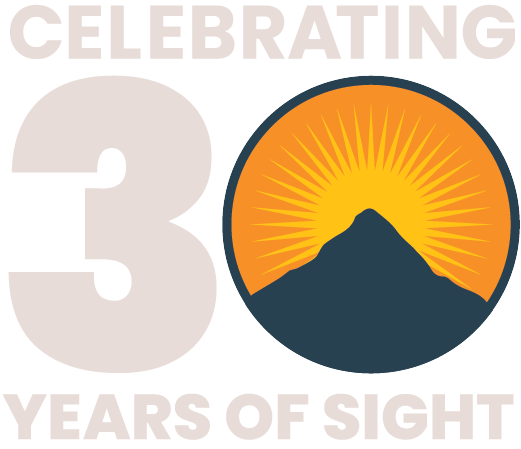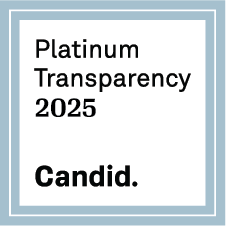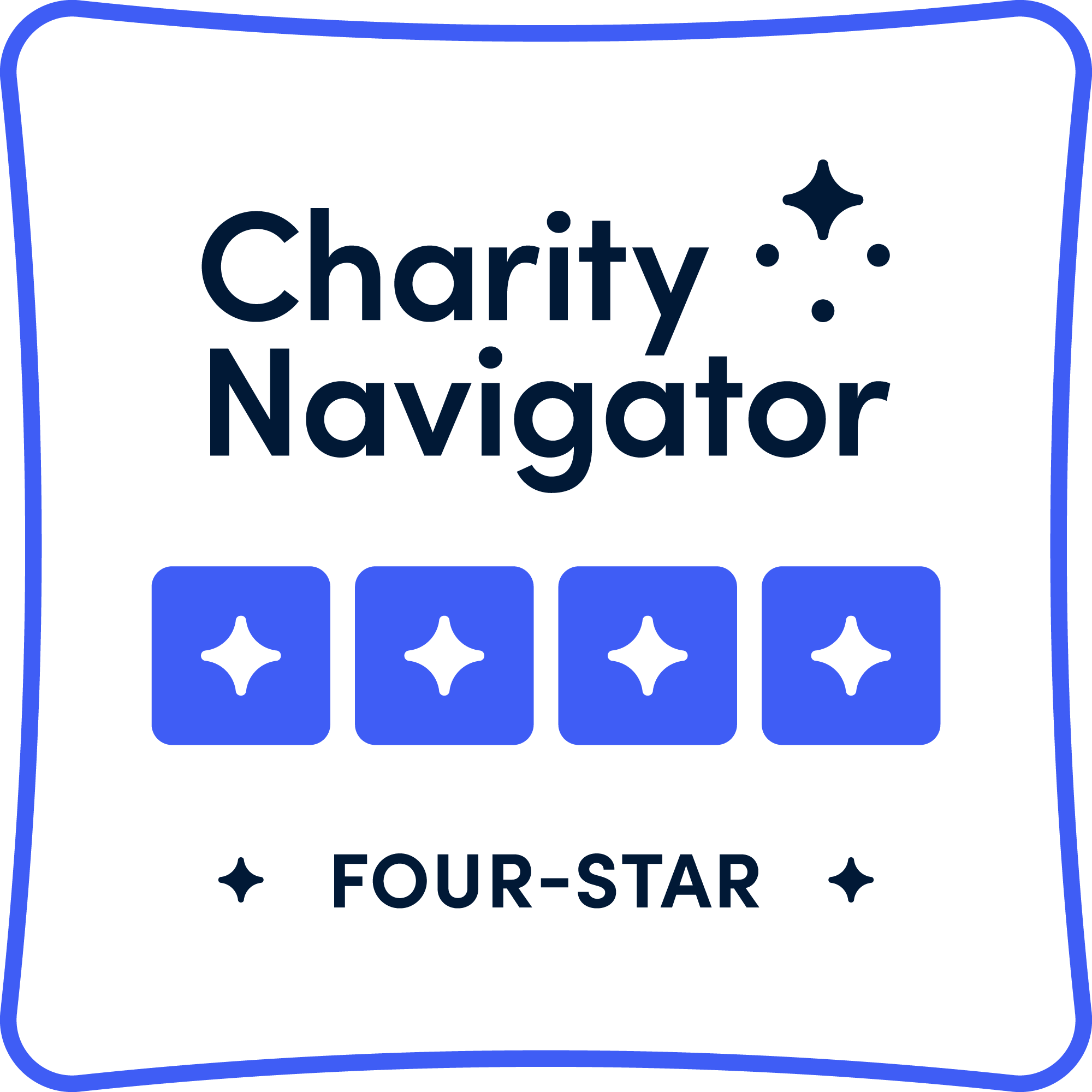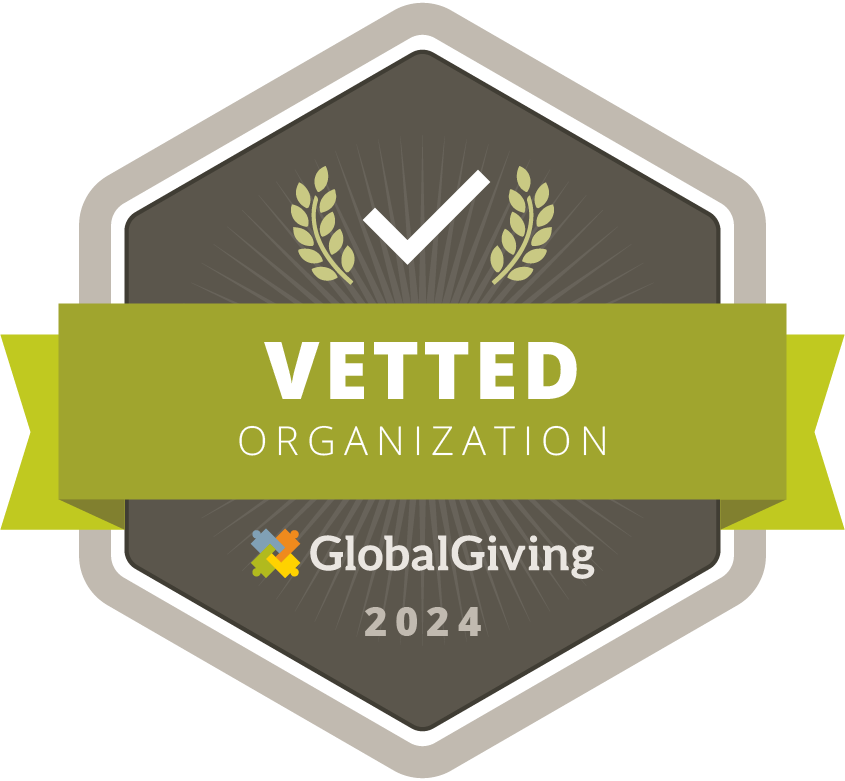Dr. Vera Essuman
“I look forward to a country free of avoidable blindness, where its people enjoy good eye health provided by well-trained ophthalmic personnel at all levels, such that no one leaves the shores of Ghana to seek specialized eye care abroad”
According to the Ghana National Blindness and Visual Impairment Study, cataracts are the leading cause of blindness in Ghana, followed by glaucoma. Dedicated doctors like Dr. Vera Adobea Essuman are working hard to address and champion efforts to change the arc of needless blindness in Ghana. Dr. Essuman is a Senior Lecturer and Head of the Ophthalmology Unit, Department of Surgery, School of Medicine and Dentistry, College of Health Sciences, University of Ghana and a Pediatric Ophthalmologist/ Ophthalmic Surgeon at Korle-Bu Teaching Hospital in Accra. As the first pediatric ophthalmologist to be trained in Ghana, Dr. Essuman has been a pioneer in pediatric ophthalmology for the country since 2004.

Dr. Essuman’s research interests are in the areas of Epidemiology and therapeutic interventions for major causes of blindness generally, and specifically for childhood blindness, particularly pediatric glaucoma, pediatric cataract and retinoblastoma. She began working with the Himalayan Cataract Project (HCP) in 2014 when she identified a need for training.
“I heard about HCP through my mentor, Dr. Boateng Wiafe in the year 2014. I had discussed some challenges I was having with managing children with refractory pediatric glaucoma and advanced retinoblastoma. I needed some hands on training in glaucoma tube surgeries for children as well as hands on in focal treatment for retinoblastoma. These treatments were non-existent in Ghana at the time; hence all children requiring such treatment were referred abroad to India, South Africa, Egypt, United Kingdom, Germany and USA. Dr. Wiafe suggested HCP could be of help so he arranged and we met with Dr. Geoff Tabin and Mrs. Pamela Clapp in February 2014 to discuss my training needs for pediatric ophthalmology. The response from HCP was positive.”
SInce this first meeting, HCP has supported Dr. Essuman in five training opportunities, including a clinical observership in ocular oncology and pathology at Wills Eye Hospital in Philadelphia and Emory University Eye Center in Atlanta. These opportunities have not only increased Dr. Essuman’s expertise, but has benefited the entire country in various ways.
“Through these opportunities, we [Korle Bu Teaching Hospital] can now offer Glaucoma Drainage Tube Surgeries and 360 degree suture trabeculotomy [Ab externo] glaucoma surgeries for children therefore we are no longer referring them outside Ghana any longer. Additionally, in collaboration with HCP (as a major stakeholder) and others, I am spearheading the process to establish a comprehensive and sustainable national retinoblastoma program and comprehensive treatment centers in Ghana. This will be based on research work partly through a MSc. Program, which will lead to written comprehensive reports and scholarly works that should contribute to scientific knowledge internationally.HCP is also sponsoring the training of an interventional radiologist to be able to manage intra-arterial chemotherapy for retinoblastoma patients and a provision of relevant equipment to assist in the comprehensive management of retinoblastoma.”

Dr. Essuman has seen the impact of the work of HCP and our partners first hand.
“In the past five years especially, through the sterling efforts of HCP, Ghana is benefiting greatly in subspecialty training in glaucoma, vitreo-retinal surgery, pediatric, anterior segment, etc., as well as the training of nurses and equipment technicians among others. Many eye institutions are benefiting from equipment upgrades, with the addition of state of the art eye center for Komfo Anokye Teaching Hospital in Kumasi, supported through HCP and USAID/ASHA grant. HCP’s support for the national cataract surgical outreach program is a great boost to Ghana’s effort to eliminate avoidable blindness.”
When looking to the future of eye care in Ghana, Dr. Essuman sees a bright path lead by training the next generation of eye care professional at all levels.
“I look forward to a country free of avoidable blindness, where its people enjoy good eye health provided by well-trained ophthalmic personnel at all levels, such that no one leaves the shores of Ghana to seek specialized eye care abroad. I hope that relevant research will form integral part of the eye care where scientific evidence will be generated to inform national policies.”




